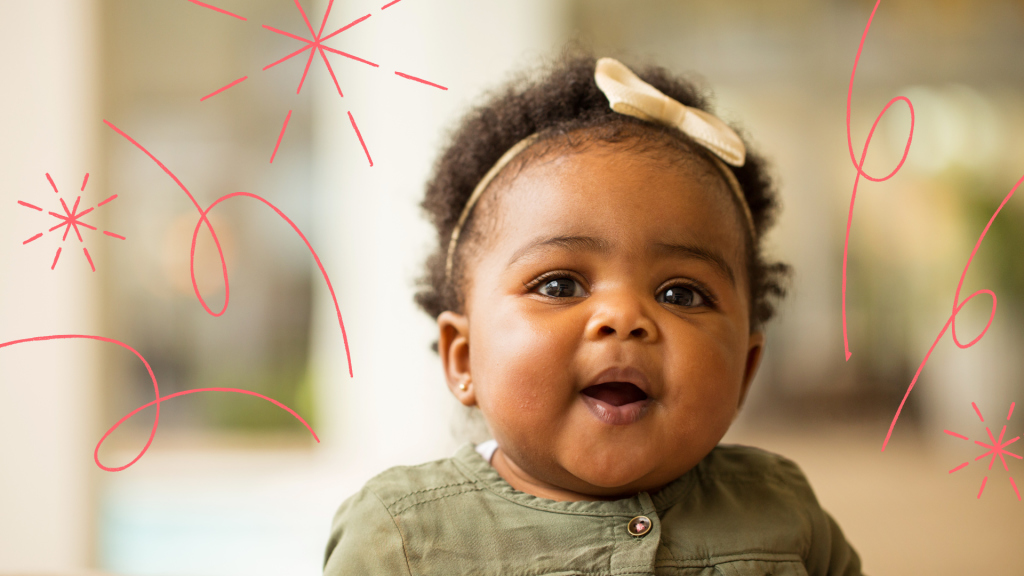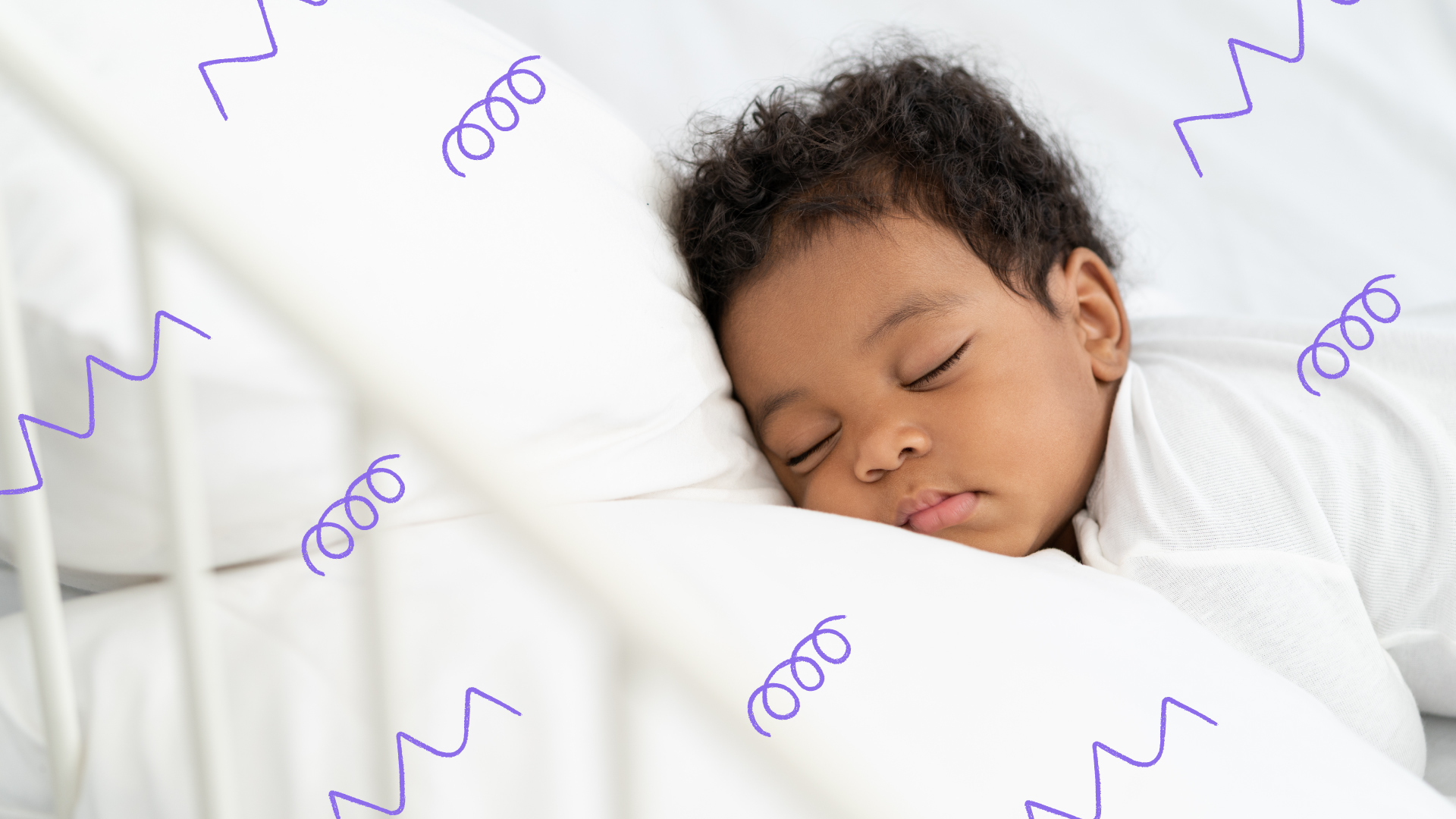
- 2 mins

The truth is – nobody knows exactly why babies might cry in their sleep. It could be due to a wet diaper or feeling too hot or cold. In these cases, we should change either their diaper or the garments they are wearing. You can read our blog “How to Dress Babies for Sleep in Summer” by clicking here.
Babies sleep throughout the day and night in short bursts. And although it might seem to you, as the caring parent, that you are never able to sleep, they indeed are getting enough rest. They are getting used to a new cycle and routine, that daytime is for being awake and nighttime is for sleeping. But they might enjoy a midnight feeding, or wake up hungry at an odd hour.
These incidents will decrease, and you will get some of those precious sleep hours back, but for this period you would need to feed your baby at some strange hours. Make sure you feed your baby before putting them down for sleep to decrease the chances of them waking up for more. You can introduce a sleep routine, such as feeding, storytime, and some meditation. This allows your baby to have a full tummy, mellow out, and then emotionally get ready for sleep. You can always try a Moshi Story—click here for a calming bedtime story.
Your baby transitions through different sleep cycles and stages, moving from lightly falling asleep and being in REM (rapid eye movement) sleep into a deeper sleep. They will exhibit twitching, eye movements, and some crying or grunting in the different stages. Your baby might be dreaming or just getting used to various changes and growth spurts in their body. Their central nervous system is still developing, and they are getting used to these transitions.
It might be a good idea to create a sleep tracking diary for the day and night. This way, you can establish when your baby is taking naps and decide to decrease the nap times to increase sleep hours at night. It might also help with reducing some of the crying at night.
As parents, we don’t want our children ever to feel sad, but the fact is that they might not be all that sad. Babies communicate by crying until they can tell us what they want or what is bothering them. It might be a small change or a growth pain, but it will pass, and your baby will be smiling again when they wake. If your baby is crying excessively throughout the night, visiting your pediatrician is always a good idea. Again, if you have a nap/sleep diary, you can add the amount of time you notice your baby crying to share this information with your doctor.
According to Maute and Perren (2018), a consistent bedtime routine and ignoring crying, when it is not persistent, is important for a baby to be able to fall asleep. Although it seems difficult to let your child cry to sleep, it might be what is needed to decrease the frequency and duration of the crying.
For now, try and take a short break and remind yourself that you are doing an excellent job. Your baby will cry and self-soothe in a short while. And you will always help them through difficult moments in their lives.
Maute, M., & Perren, S. Ignoring children’s bedtime crying: The power of Western beliefs. (2018). Infant Mental Health Journal, 39(2), 220-230.